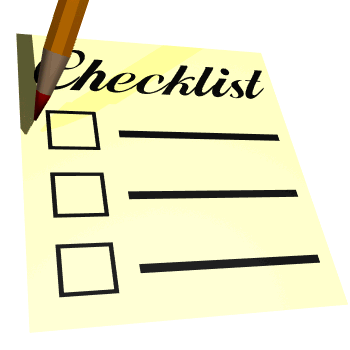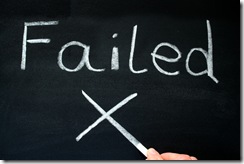How Recruiters Find People
In my 29 years of recruiting, I have talked with and trained over 200 recruiters around the country in advanced recruiting techniques. Given this, I’ve learned two things 1) the recruiting industry is not homogeneous and 2) we all may be different, but there is one constant; how we find people. There really isn’t anything all that unique about how recruiters go about locating potential candidates. We all use our networks and other people’s networks. This includes both on-line networks such as Linkedin (Click here to join our Linkedin Job Search Group) and off-line such as networking groups in our community.
So why is this important to candidates? Because the most often asked question of recruiters is, “How do I get in touch with retained recruiters?” The answer is a simple one; “You don’t need to.” You don’t really want to get in touch with every recruiter, that is impossible. You only want to get in touch with those recruiters that have a search that meets your background. All the other recruiters don’t matter! So the real question should be; “ How do I get recruiters looking for me, to find me?” Now that is an easy thing to do, but like most things it isn’t simple.
The answer is one word; NETWORKING. Since recruiters maximize the use of their networks and others, all you have to do is be so well networked that a recruiter can’t help but find you. If you really are well networked, as recruiters tap into their networks, your name will always come up as a referral. The more often recruiters hear, “You should call ____, they sound exactly like what you are looking for” the higher the probability you will get a call.
So, if you want to have recruiters calling you, make sure they can find you.
GET YOURSELF NETWORKED in multiple industries and with multiple functions. Don’t forget that Linkedin is used extensively by most recruiters, so it is critical to have your profile up to date and complete. You can download for free our 8 Point Success Matrix For A Linkedin Profile, just click here.











